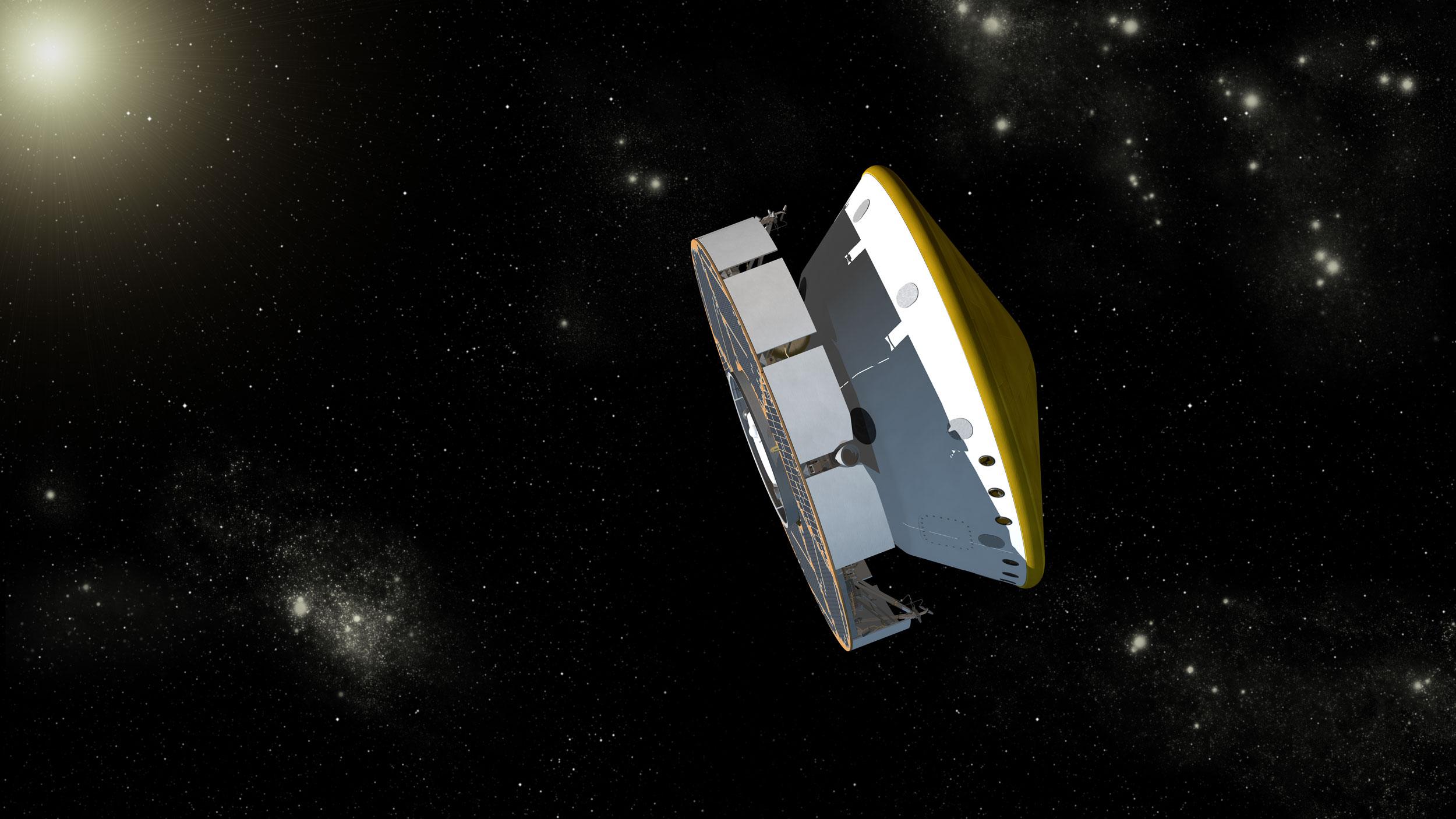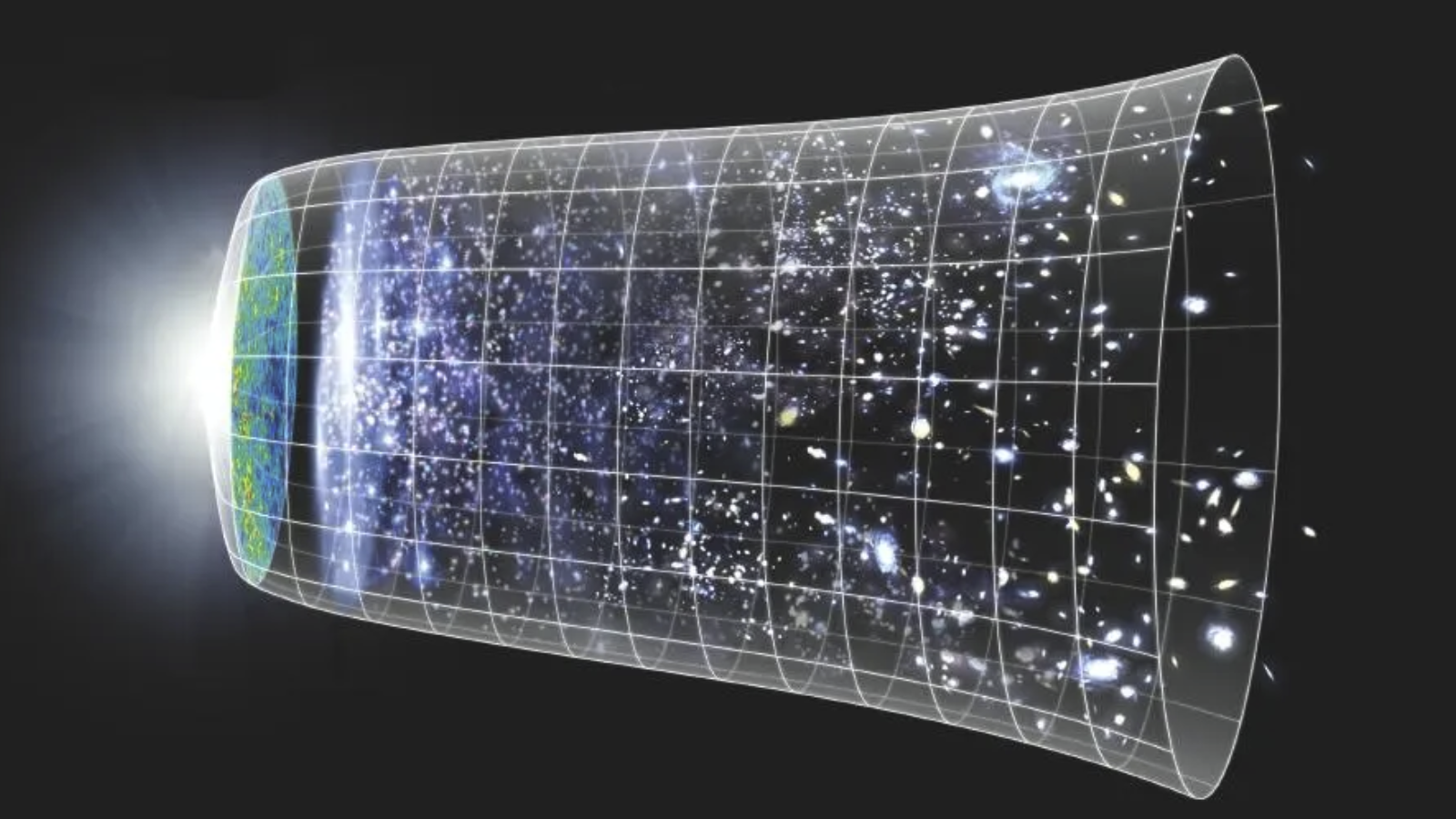NASA Fixes Computer Glitch on Mars-Bound Rover

Breaking space news, the latest updates on rocket launches, skywatching events and more!
You are now subscribed
Your newsletter sign-up was successful
Want to add more newsletters?
Engineers have fixed the glitch that caused a computer reset on the spacecraft carrying NASA's Curiosity rover shortly after it launched toward Mars in November, officials announced Thursday (Feb. 9).
The reset occurred on Nov. 29 — three days after the Curiosity rover blasted off — while the spacecraft was using its star scanner, a navigational tool. NASA engineers determined that the glitch was caused by a previously unknown idiosyncrasy in the memory management unit of the spacecraft's computer processor.
Researchers reconfigured a test computer on Earth, and the reset didn't recur after billions of runs. The mission team then made the software change on the spacecraft's computer last week and confirmed this week that the update was successful, NASA officials said.
"Good detective work on understanding why the reset occurred has yielded a way to prevent it from occurring again," mission deputy project manager Richard Cook, of NASA's Jet Propulsion Laboratory in Pasadena, Calif., said in a statement. "The successful resolution of this problem was the outcome of productive teamwork by engineers at the computer manufacturer and JPL."
The Mars-bound spacecraft began normal use of its star tracker this week after the software update, and the instrument detected the Red Planet.
"Our target is in view," said JPL's Steve Collins, attitude control subsystem engineer for the spacecraft's cruise from Earth to Mars.
Curiosity, the centerpiece of NASA's $2.5 billion Mars Science Laboratory mission, is due to land at Mars' Gale Crater in early August of this year.
Breaking space news, the latest updates on rocket launches, skywatching events and more!
The 1-ton rover's chief aim is to gauge whether the Gale Crater area can, or ever could, support microbial life. Most of Curiosity's 10 different science instruments are built to help the rover answer this question.
As of 12 p.m. EST (1700 GMT) on Friday (Feb. 10), the Mars Science Laboratory spacecraft will have traveled 127 million miles (205 million kilometers) on its 352-million-mile (567-million-km) journey to Mars. At that time, it will be moving at about 17,800 mph (28,600 kph) relative to Earth and about 63,700 mph (102,500 kph) relative to the sun, researchers said.
Follow SPACE.com for the latest in space science and exploration news on Twitter @Spacedotcom and on Facebook.

Space.com is the premier source of space exploration, innovation and astronomy news, chronicling (and celebrating) humanity's ongoing expansion across the final frontier. Originally founded in 1999, Space.com is, and always has been, the passion of writers and editors who are space fans and also trained journalists. Our current news team consists of Editor-in-Chief Tariq Malik; Editor Hanneke Weitering, Senior Space Writer Mike Wall; Senior Writer Meghan Bartels; Senior Writer Chelsea Gohd, Senior Writer Tereza Pultarova and Staff Writer Alexander Cox, focusing on e-commerce. Senior Producer Steve Spaleta oversees our space videos, with Diana Whitcroft as our Social Media Editor.
